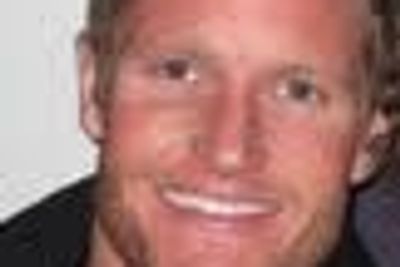The Centers for Disease Control (CDC) estimates that a person becomes infected with HIV every 9 ½ minutes.
Such a powerful statistic demonstrates the continued prevalence of the disease. And it's why the staff with the Vanderbilt University HIV Vaccine Trials works daily in discovering a cure. In April 2010, the organization enrolled its 1000th participant, an impressive milestone that places them among the leading research sites in the United States.
The Vanderbilt University School of Medicine officially started the HIV Vaccine Trials in 1987. In 1999 the unit joined an international collaboration called the HIV Vaccine Trials Network (HVTN). The HVTN is funded through the National Institutes of Health (NIH).
The Vanderbilt HIV Vaccine Program is now one of 21 research sites in 17 U.S. cities now screening potential participants for a nationwide HIV vaccine clinical trial being conducted by the HIV Vaccine Trials Network.Nashville has emerged as one of the leading contributors to HIV research, comparing favorably to major metropolitan areas such as New York, Chicago and San Francisco.
Vic Sorrell, community educator and recruiter for the vaccine trials, praises the willingness of Nashville's residents to volunteer in such an important project.
"Nashville is a front-runner as far as enrolled participants," he says. "We've been very encouraged by the support that the Nashville community has had for it. A lot of people still don't know about it, but we're getting out in front of people all the time to make them aware of this study."
Last spring the HVTP began a nationwide study, “Hope Takes Action,” coupled with an aggressive media campaign on numerous social networking sites in an effort to target potential participants.
The study is currently seeking men who have sex with men to participate in a vaccine trial. All participants must be between 18 and 45 years old and HIV-negative.
The trial is designed to measure antibody and T-cell responses in the study participants as well as to determine whether or not by taking a certain vaccine combination, there will be a lower amount of HIV in the blood of people who become infected with HIV.
While Vanderbilt is always in need of women and straight men for other research projects, their main priority at this time is filling slots in this study. Outreach to the GLBT community is a crucial element in this process.
"We've had several cases where we've supported local organizations like Nashville CARES and events like the Bianca Paige Memorial," Sorrell says. "They've been really good experiences that have helped serve the community."
Sorrell notes that gay men are a traditionally higher-risk group, so education is part of the package, too. During each appointment, staff members strike up a dialogue with participants can be varied depending on the objectives of that visit.
Participants are compensated for their time, and they must visit Vanderbilt once a month for 12-15 months. All appointments last less than an hour, suiting the needs of potential enrollees who may have scheduling conflicts. The challenge, then, is educating the public about this meaningful opportunity and its benefits for the medical community.
"It's a matter of consistently sending our image out," he says. "We work on overcoming preconceived notions and making information available to people. We find that the opportunity speaks for itself, and people are willing to do it once they know about us. Our challenge is to get in front of people."
